Retro Replay Review
Gameplay
Little Computer People introduces itself as an open-ended social simulation long before such titles were common. Upon your first load, you’re prompted to personalize the experience—type in your name and watch as the game constructs a cozy, multi-room house complete with a kitchen, living room, bedroom, and more. This setup phase feels like arranging the stage for a tiny drama where you, the invisible landlord, observe the unfolding daily routines of your digital tenant.
After a brief pause, a little person appears at the front door, cautiously inspecting each room to decide if he wants to move in. If he approves, he’ll pack up, bring along his loyal dog, and settle into the home you’ve curated. From that moment on, the “game” really begins: there are no levels to clear or villains to defeat. Instead, you watch your little resident cook breakfast, read the newspaper, play with his dog, and even plop down in front of the TV for a sitcom marathon.
Interaction comes via text commands—you type instructions like “feed dog,” “play cards,” or “give present.” The simplicity of these commands belies the joy of seeing your typed words translate into on-screen actions. Additionally, your tenant occasionally writes you letters to express feelings, request items, or simply share his day. These dispatches add a layer of personal connection absent in more goal-driven games.
What makes Little Computer People compelling is its day-to-day unpredictability. There’s no “win” state—your interest comes from learning this little person’s habits and quirks. While modern gamers used to explicit objectives may find this lack of clear direction puzzling, those willing to embrace a sandbox of gentle social observation will find an early precursor to titles like The Sims.
Graphics
Visually, Little Computer People is a product of its era: blocky, pixelated sprites and a limited color palette that harken back to mid-1980s home computers. Yet what it lacks in resolution it makes up for in charm. Each room is identifiable by simple furniture shapes—a green rectangle for the sofa, a brown square for the dining table, a few colored squares as kitchen appliances.
Animation is minimal but effective. Your little tenant’s walk cycle is only a handful of frames long, and the dog’s tail wags in just two or three motions. Despite this, the gestures are expressive enough to convey personality: the way he rummages in the fridge or how the dog jumps up when fed. These small details lend a sense of life to the pixel art.
There’s no flashy lighting or complex backgrounds, and the screen layout is static, with the house always occupying the center and command prompts at the bottom. For modern players accustomed to high-definition visuals, the presentation may feel quaint. However, the simplistic graphics perfectly suit the slow, contemplative pace of the game, creating a cozy atmosphere rather than a dazzling spectacle.
Story
True to its pioneering simulation roots, Little Computer People doesn’t offer a scripted narrative or dramatic plot twists. Instead, the “story” emerges organically from daily routines. You never learn your tenant’s backstory or motivations beyond what he casually mentions in his letters—did he have a rough day at work, or did he miss a meal because he was too engrossed in a book?
Each letter your resident writes feels like a window into his personality. He might grumble about a broken lamp, express delight at a new dish you’ve sent, or gently chide you for neglecting the dog’s dinner. These small moments foster an unexpected emotional attachment; you start anticipating his mail, eager to see what tidbits of domestic drama he’ll share next.
The inclusion of the dog injects another layer of emergent storytelling. Watch as the pet scampers around, chasing after food scraps or curling up at the foot of the bed. Caring for the dog becomes a personal mission, and you can almost sense the bond growing when you issue commands like “play cards” and see the two share a quiet moment at the table.
Overall Experience
Little Computer People offers a serene, almost meditative simulation that rewards patience and curiosity. There’s no rush, no timer counting down to failure—just the simple pleasure of observing and lightly interacting with your digital tenant. It’s an experience best enjoyed in short daily sessions, much like feeding a virtual pet.
For modern gamers, it’s less a blockbuster title and more a historical curiosity—a window into the early days of virtual sociability. Yet its core design philosophy echoes through time, laying the groundwork for more elaborate life simulators. As such, it holds a special place in gaming history and remains surprisingly engaging for those who appreciate slow-paced, emergent interactions.
If you’re a fan of social sims or simply curious about where The Sims began, Little Computer People is a worthwhile detour. It won’t offer the depth or complexity of contemporary titles, but it delivers a unique, heartwarming experience that reminds us how powerful simple interactivity can be. Whether you’re a retro enthusiast or a simulation aficionado, this diminutive digital roommate is eager to make himself at home—and to let you in on the quiet rhythms of his pixelated life.
 Retro Replay Retro Replay gaming reviews, news, emulation, geek stuff and more!
Retro Replay Retro Replay gaming reviews, news, emulation, geek stuff and more!

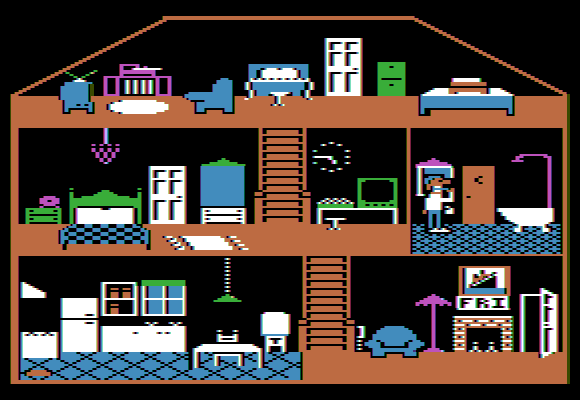
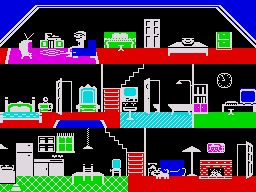
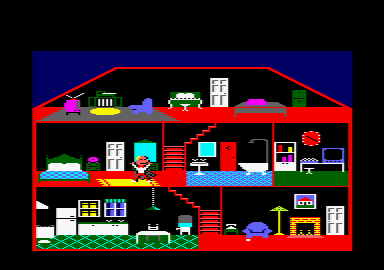
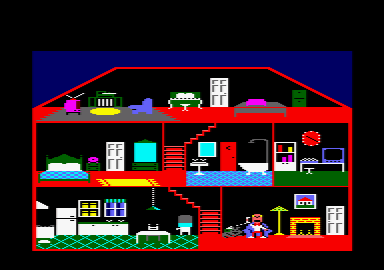


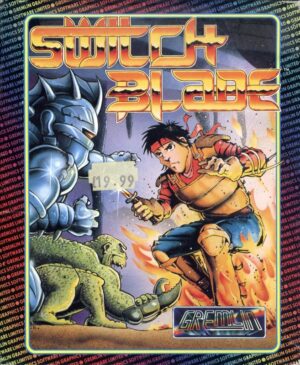

Reviews
There are no reviews yet.